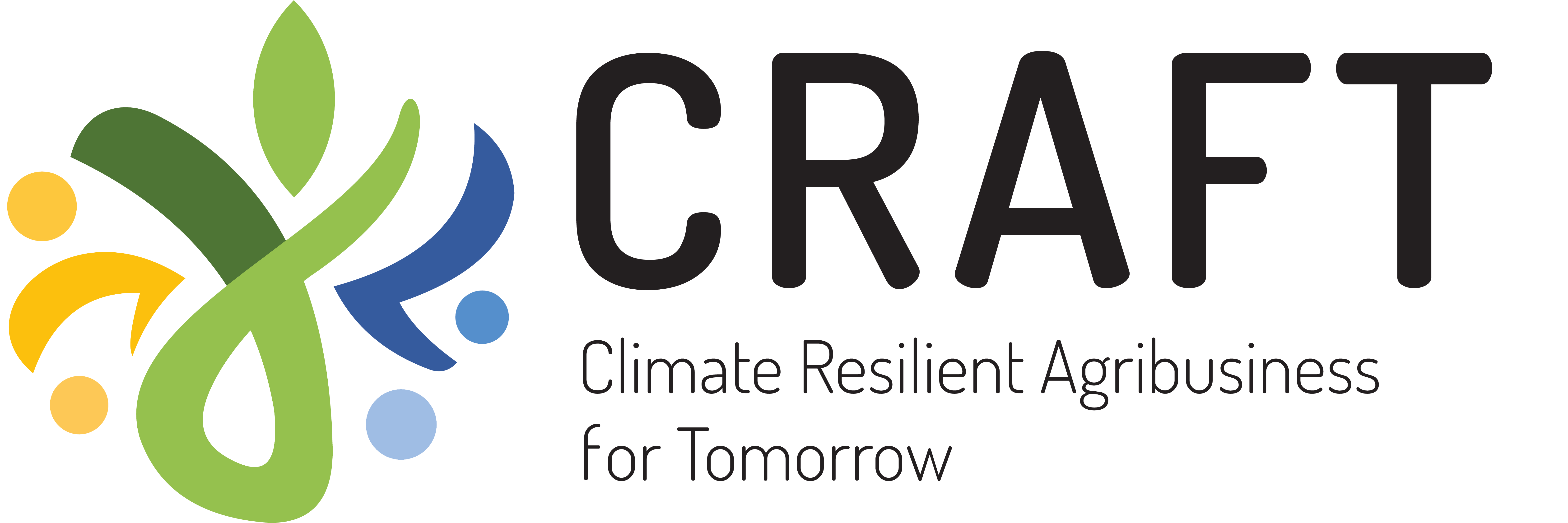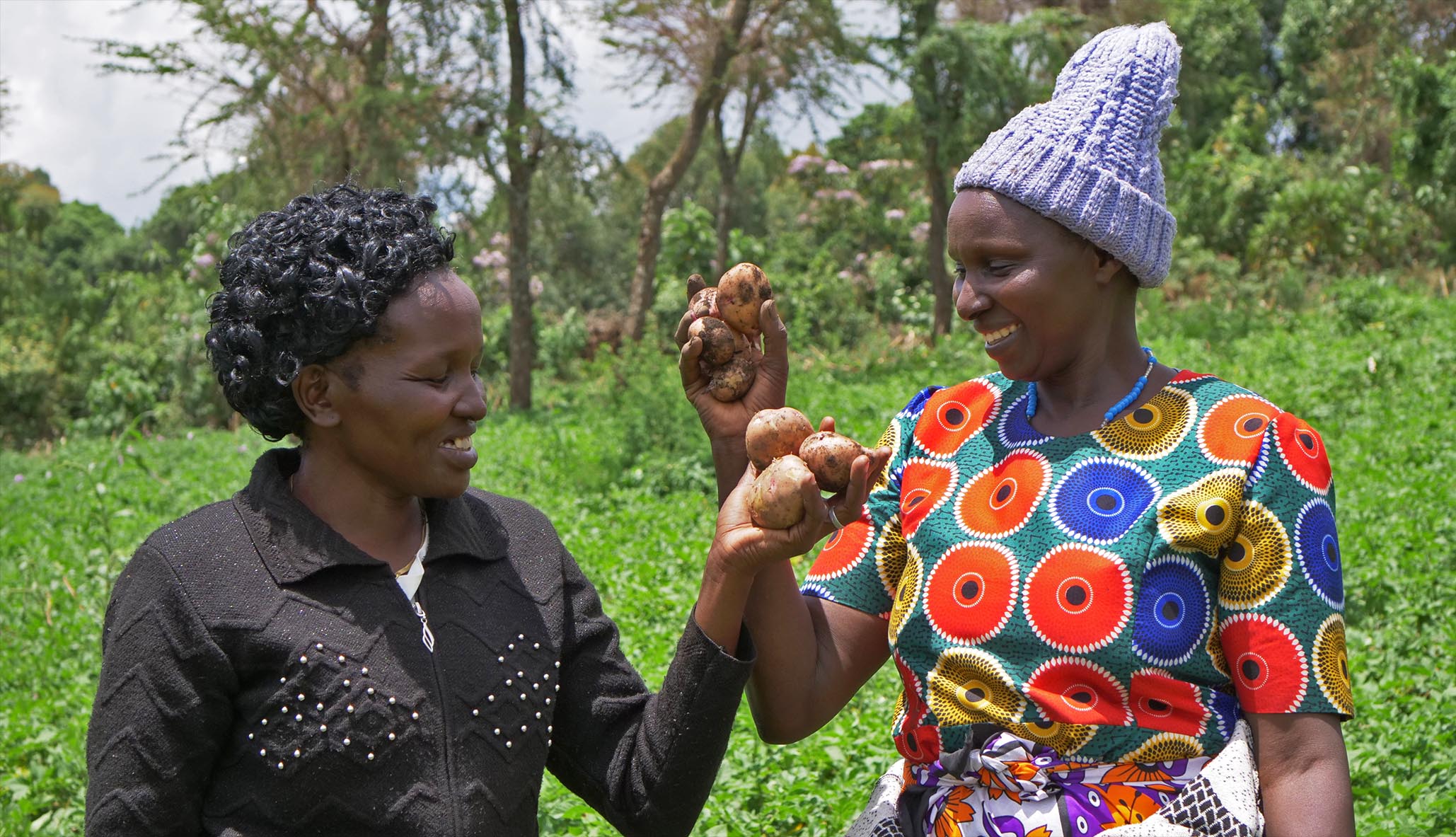
Simon O’Connell, Chief Executive Officer of SNV, visited Okeba Uganda Limited, one of the agribusinesses supported by Climate Resilient Agribusiness for Tomorrow (CRAFT). This visit was part of the CEO’s visit to the Ugandan program.

Climate change poses a major threat to agriculture due to risks associated with the current climate variability such as changes in rainfall patterns, increased temperature, and variation in frequency and intensity of extreme weather events like drought and floods. This in turn threatens food security and livelihoods.

Women play a critical role in the agricultural sector, comprising 43% of the agricultural labor force globally and making significant contributions to household and national food security. Despite their essential role, they face several challenges that limit their ability to adopt sustainable agricultural practices and adapt to climate change, including access to information and finance.

It was all jubilations in Gatete Cell in Kisoro district where Kisoro District Potato Grower’s Cooperative Union (KDPGCU) launched its diffuse light store. The 65 metric tonne facility in Chahafi Town Council, was constructed with support from Climate Resilient Agribusiness for Tomorrow (CRAFT) project at a cost of UGX40M (£10,000).
More Articles …
- Mobilising private sector finance towards inclusive climate resilient food systems
- Creating a climate smart food agri-strategy for financial institutions
- Planting improved potato varieties improving livelihoods of smallholder farmers in Kisoro
- Learning events with farmers increasing take up of climate smart agriculture practices and technologies










